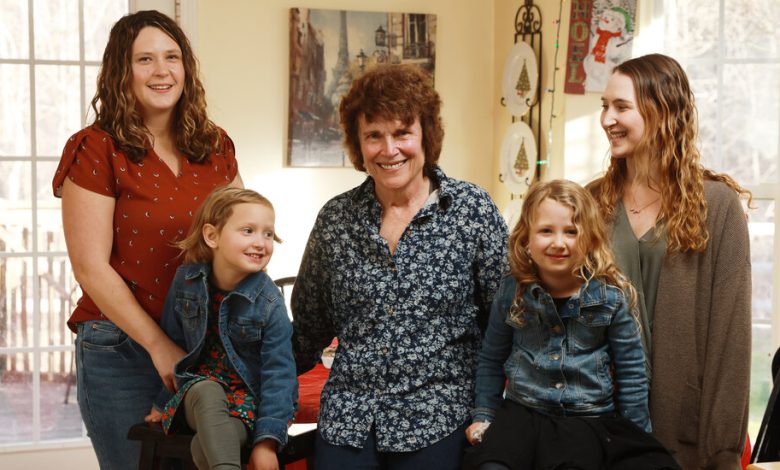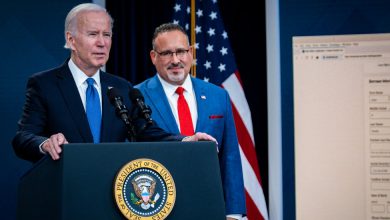Why Some Parents Give Their Children a Last Name Other Than the Father’s

When Judy Pellarin had her daughters three decades ago, she and her husband gave them her last name instead of his. A generation later, her daughters also broke tradition — one gave her daughter her surname, and the other created a new name, a blending of her and her husband’s middle names.
Though some families have deviated from the patrilineal tradition for decades, they remain part of a small minority. Even as many gender norms have changed over the generation since Ms. Pellarin named her children, the tradition of giving babies their fathers’ surnames remains so strong as to be almost unquestioned.
Yet in other ways, the American family looks very different. Fifty years ago, most adults under 50 were married and raising children as a couple; that is no longer the norm for U.S. adults. Parents are increasingly likely to be never married or divorced, or same-sex or interethnic couples.
These changes complicate the patrilineal tradition, say parents who have taken a different approach. Many hyphenate their last names. Some make less common choices, like giving children the mother’s surname or coming up with new names altogether. For some, it is a rejection of patriarchal norms. Others say it’s about maintaining ties to their heritage or ethnicity, or because fathers weren’t involved in raising the children.
There is no nationwide data on how many parents give children a surname other than the father’s. But data on the names couples take at marriage suggests it’s uncommon. Of men in opposite-sex marriages, a Pew survey found this year, 5 percent took their wife’s last name, and less than 1 percent hyphenated their names.
Four in five women take their husband’s last name at marriage. Those who keep their names are likelier to be liberal, highly educated or Hispanic — and this minority is more likely to make unconventional choices with their children’s names,




